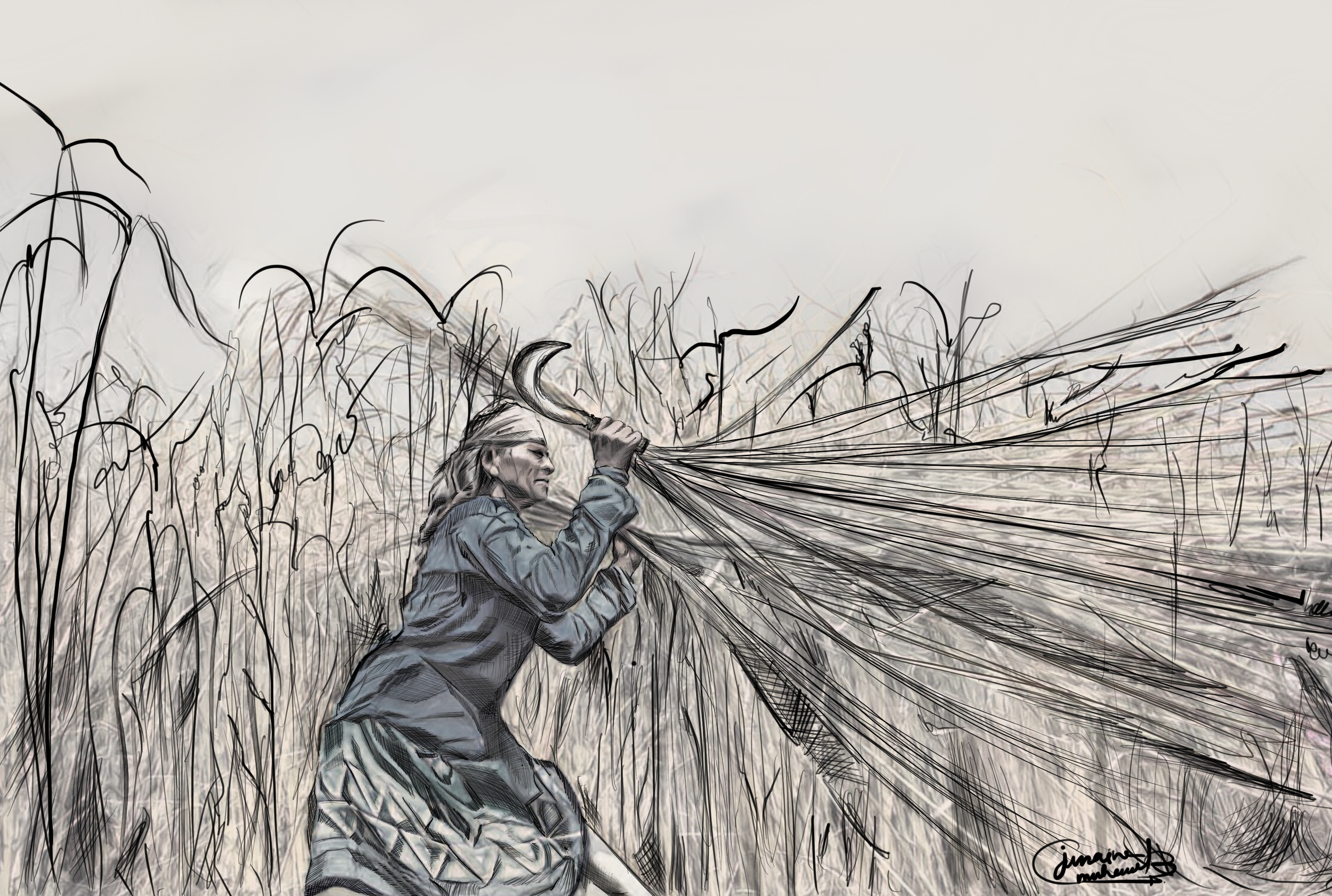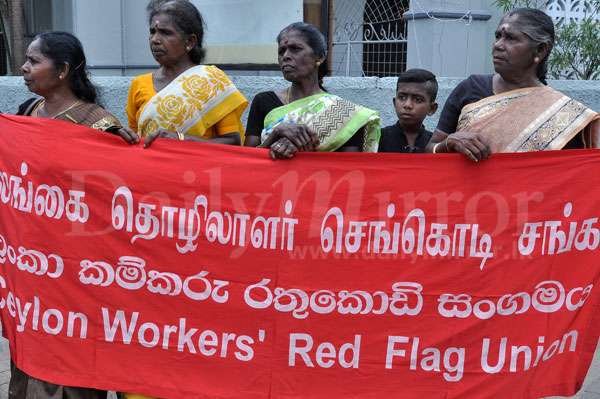
Crisis and Contestation in
Rural South Asia.
Issue 6. Spring 2022
Agrarian change in South Asia has generated new forms of crisis. The COVID-19 conjuncture is the latest in a series of upheavals transforming agrarian lives and livelihoods in the region. While small farmers, the semi-proletarianized and migrant rural workers have suffered, governments, agribusinesses and global financial capital see new opportunities for surplus extraction in the countryside.
The binaries that once undergirded classical agrarian questions – between the urban and the rural, capitalist and non-capitalist, peasant and proletariat – have become destabilized with market liberalization, peasant differentiation, semi-proletarianization, and “footloose” migrant labouring, among other processes. The climate crisis, feminisms and Dalit movements also demand that we consider ecology, patriarchy and casteism as central to agrarian questions in South Asia.
But old and new issues are occasionally converging in contemporary rural contestations. Struggles against land grabs, privatization and market expansion are being coupled with movements pushing for food sovereignty, the rights of agrarian labour, the conservation of agro-ecologies, and an end to gender and caste-based forms of violence.
In collaboration with the Emancipatory Rural Politics Initiative (ERPI)–South Asia, Jamhoor presents a special issue on crisis and contestation in rural South Asia. Bringing together scholars, journalists and activists, we examine shifting agrarian dynamics, as well as current struggles around land, gender, caste, and markets, in order to ask: what might rural emancipation look like in South Asia?









A reflection on the several faultlines that need addressing to further emancipatory politics in South Asia’s countryside.